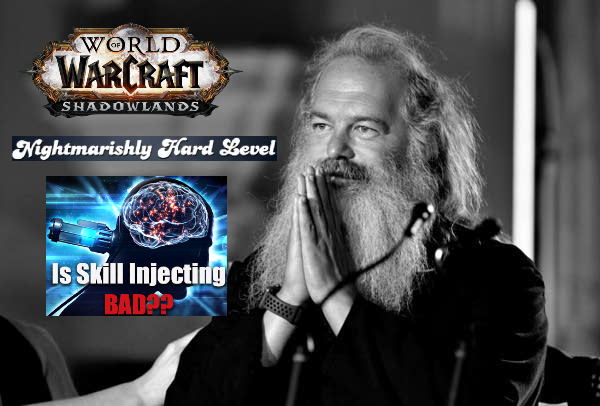
Famed Music Producer Rick Rubin said, “The audience comes last [in the creative process].” Game developers should heed this advice and avoid a “player-first” mentality. Creators must act in the best long-term interest of the game.
Games, like adolescents, need care and nourishment. Good parents make difficult, short-term decisions for long-term prosperity. Parents argue: “I’m just trying to do what’s in your best interests!” “Player-first” rarely extends beyond the immediate user base—insufficient for realizing potential. Games implementing strong monetization might trade short-term sentiment for capital to build features or acquire players. Simple survival benefits players, too.
Growth drives any game’s best interest, just as “human capital” drives a child’s future. Learning requires trade-offs but yields lifetime benefits that compound with time. This highlights survival’s importance. “Player-first” often means the current player base, not lifetime players. Developers recognize these trade-offs—invoking “player-first” mainly when giving away free content. Acting in the game’s best interest provides a better heuristic.
The player doesn’t exist at conception—the creative vision, not just the artsy, abstract vision but also the monetization vision, is a pre-player notion. While appeasing players is an input, it’s not the variable the creative process tries to maximize.
Consider World of Warcraft’s level squish in Shadowlands or EVE Online’s introduction of skill injectors. Both decisions sparked initial player outrage but served their games’ long-term sustainability. EVE’s economy needed new mechanisms for skill point circulation, while WoW required fundamentally rebalancing its level systems.
Star Wars Galaxies’ 2005 “New Game Enhancement” update shows the peril of overwrought reaction to player feedback—fundamentally altering core systems and streamlining its complex combat mechanics led to the game’s eventual decline, while EVE Online and WoW’s thoughtful but firm changes enhanced their longevity.
The most successful games maintain their creative vision while evolving through player interaction. Dark Souls never compromised its punishing difficulty despite vocal demands for an “easy mode.” Instead, it found its audience and influenced a generation of game design. Standing firm on core principles while thoughtfully acknowledging player feedback leads to lasting impact.
“Everyone has a voice, but not everyone has a vote” encapsulates the balance between creative authority and community engagement. It acknowledges player insight while preserving creative sovereignty. Moving beyond “player-first” allows for honest discussions about crafting enduring games.